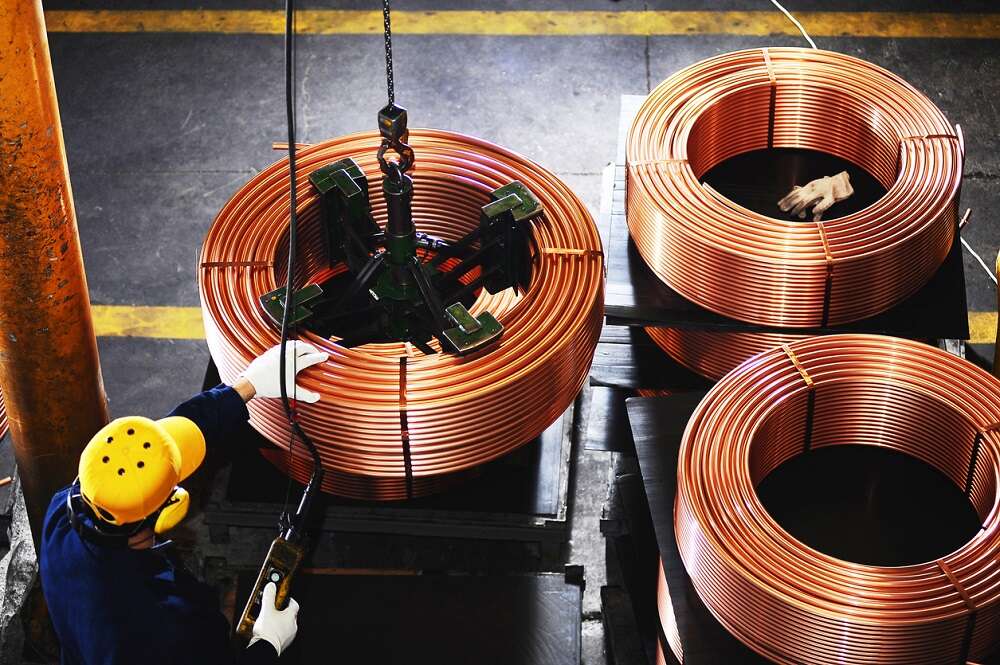
SANTIAGO: Chile‘s state-run Codelco said on Friday output had dropped 5.3% in 2019, driving profits down sharply as the world’s top copper producer continues to battle with rising costs and falling ore grades at its aging deposits.
Codelco said in end-of-year results it produced 1.59 million tonnes from its wholly owned mines in 2019, and that profits had fallen 17% from the previous year to $1.34 billion. Direct cash costs rose 1.8%, the company said.
The fall in profits was due “principally to lower gross margins, the downward tendency of copper prices, a reduction in physical sales of copper and molybdenum and weak results obtained from associated investments,” the company told regulators.
The poor showing puts Codelco in a tight spot as the impact of the coronavirus outbreak begins to bite in Chile. Chile has confirmed more than 1,600 cases, among the highest tallies in Latin America, while the price of copper is at a four-year-low.
The spread of the virus earlier this week forced Codelco to put on hold parts of a 10-year, $40 billion plan to boost output from its aging mines.
“This enormous crisis has hit the copper price with force, driving it down to historic lows, while demand for the red metal decreases day after day,” the company said in a statement accompanying its results. “Codelco is working to preserve operational continuity, liquidity, and financial wellbeing.”
The mining company’s sprawling deposits, scattered across central and northern Chile, continue to operate with reduced staff, though unions this week ratcheted up pressure to shut down to safeguard workers.
